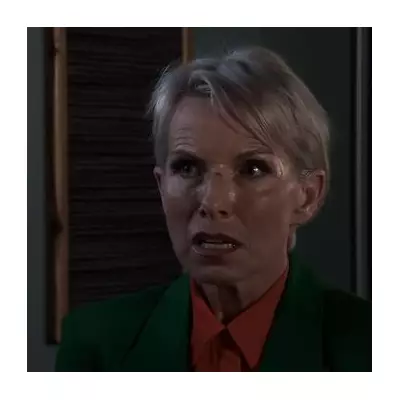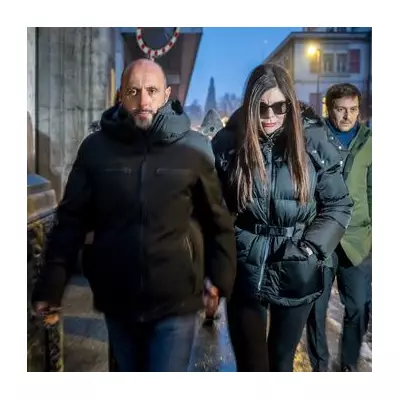
A wave of support washed over the steps of Laganside Courts in Belfast on Tuesday as fans of the Irish rap group Kneecap gathered to back one of their own. Liam Óg Ó hAnnaidh, the 27-year-old rapper known by his stage name Móglaí Bap, appeared before a district judge to face charges under the Terrorism Act.
The charges stem from a performance at the Mandela Hall in Belfast back in June 2023, where prosecutors allege Ó hAnnaidh displayed an image of a Hezbollah flag during the group's set. The Public Prosecution Service (PPS) is pursuing the case, arguing the act was a flagrant contravention of laws prohibiting the support of proscribed organisations.
Despite the serious nature of the charges, the atmosphere outside the court was one of defiant solidarity. Supporters, some wearing the group's merchandise, chanted and held signs, framing the case as an issue of artistic expression and political speech rather than a matter of national security.
A Clash of Art and Law
Hezbollah, in its entirety, was proscribed as a terrorist organisation in the UK in 2019. The law makes it a criminal offence to display its flag or symbols in a public space where it can be seen as an act of support. The prosecution contends that the concert setting constitutes such a public space.
Defence barristers, however, are preparing to challenge this interpretation. The case is expected to delve into the intent behind the display and the context of a musical performance, potentially setting a significant precedent for artists and performers across the UK.
Proceedings Adjourned
Tuesday's hearing was largely procedural. After the charges were formally put to him, Ó hAnnaidh did not enter a plea. The district judge adjourned the case until a later date, allowing both the defence and prosecution time to prepare their arguments for what is anticipated to be a closely watched legal battle.
The outcome could have far-reaching implications, not just for the members of Kneecap, but for the broader artistic community navigating the complex intersection of politics, protest, and performance within the strict confines of terrorism legislation.





